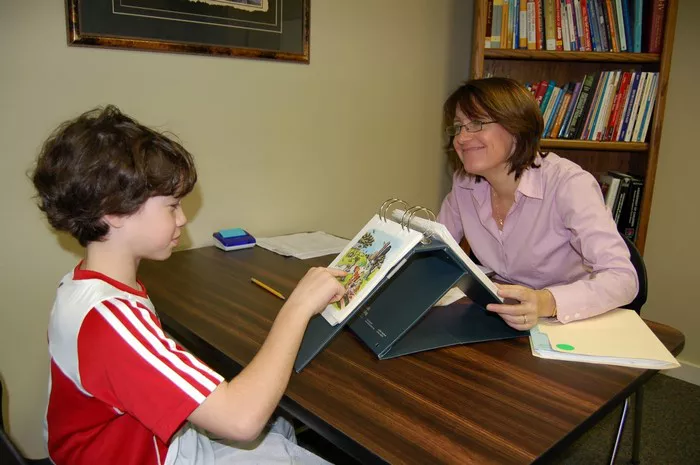MISSOULA, Mont. – Rural school communities across Montana are gaining improved access to mental health resources through an innovative virtual initiative launched by the University of Montana’s Safe Schools Center.
The Montana Safe Schools Center (MSSC) has partnered with graduate students from the university’s counseling, social work, and school psychology programs to develop the Virtually Assisted School Team (VAST). This tele-mental health program is designed to support the behavioral, emotional, and academic well-being of students in underserved regions.
The initiative originally began in 2020 as a tele-counseling service aimed at enhancing school safety and preventing violence. It was later rebranded as VAST in 2023 under the leadership of Tammy Tolleson Knee, the program’s school support liaison.
Focused exclusively on rural and tribal communities, VAST addresses significant barriers to mental health care, including geographic isolation, limited provider availability, and financial constraints.
Although MSSC is considering the addition of hybrid in-person and virtual sessions, existing research has already validated the efficacy of tele-mental health. Studies indicate that virtual services are as effective as face-to-face care across diverse populations and environments.
VAST’s first full academic year (2023–2024) yielded promising results. A total of 24 students from 12 school districts across Montana received tele-mental health counseling. According to post-service surveys, all participating students reported reduced symptoms and improvements in their daily functioning.
“In our rural and isolated community, the service provided consistent opportunity for students to get the help they needed,” shared one anonymous school partner.
Building on this momentum, VAST has expanded significantly for the 2024–2025 school year. More than 70 students across 25 school districts are already receiving support through the program.
Beyond helping K–12 students, VAST also offers valuable clinical training for UM graduate students. Participants gain hands-on experience in telehealth delivery while learning about the unique challenges and strengths of Montana’s rural communities.
“The interns are really immersed in VAST, so they’re learning about the nuances of tele-mental health and at the same time learning about the needs and strengths of rural Montana,” said Tolleson Knee.
She noted that each intern brings a unique skill set, allowing MSSC to tailor services to meet the specific needs of individual students.
As the program grows, VAST continues to bridge the gap in mental health care access for Montana’s most remote school communities—while preparing the next generation of mental health professionals.


